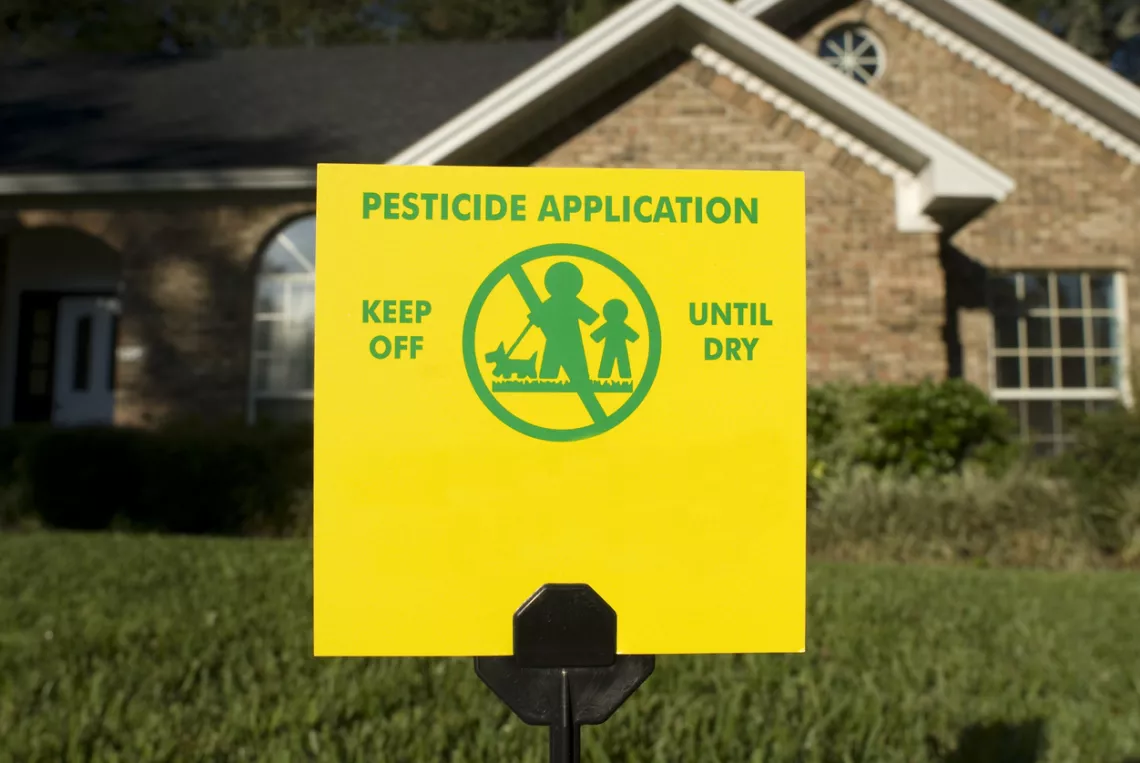
Sierra Club's staff and volunteers work together to educate the public, strengthen environmental safeguards, clean up pollution, and hold corporations accountable for their actions.
Sierra Club’s Toxics and Health program is working to address widespread toxic chemical pollution that is jeopardizing communities across the country. Polluters, not everyday people, must be responsible for halting the use of these chemicals, and paying to clean up the pollution and contamination they’ve created. We recognize that the burden posed by toxic chemicals falls most heavily on women, children and communities of color. The Sierra Club is focused on actions that reduce these inequities and center on impacts to frontline communities. We call for long-lasting solutions, including stronger government oversight, pollution prevention, and increased corporate accountability.
Our Initiatives
Contaminants of Concern: PFAS
Perfluoroalkyl and Polyfluoroalkyl Substances (PFAS) are a toxic threat to the drinking water and health of countless communities across the United States. They cause immune system damage, and cancer in the kidney, thyroid, liver and harm to reproductive organs. These chemicals are widely used in consumer products and at military and industrial sites. Sierra Club advocates to end the ongoing use of PFAS chemicals in products ranging from firefighting foam to fast food wrappers. Our program calls on government agencies and chemical companies to clean up contamination in the thousands of communities harmed by PFAS chemicals.
More: Advice about PFAS to Sierra Club Chapters and Groups
Pesticides
Despite legal protections that exist to regulate pesticides, the safeguards are woefully inadequate. People living on or near farms are not fully protected from harmful pesticide exposures. This puts children and women at even higher risk during critical periods of pregnancy and childhood. Our program advocates to protect people from harmful exposures to pesticides by advancing stronger protections at the federal, state and local levels. For information about our work see:
More: Resources on Pesticides
Lead in Municipal Drinking Water
This nationwide problem varies across communities depending on the condition of the water delivery system and how the water is treated to prevent cvorrosion. Deteriorating infrastructure is making the problems worse. Cities need assistance so that the costs are not passed on to consumers, especially the poor and the most vulnerable. Solutions include replacing lead service lines, reform of the Lead and Copper rule, getting lead 100% out of premise plumbing such as indoor pipes and faucets, and better regulation of bottled water to assure that it does not contain PFAS and other toxics.
Women and Children’s Health
No matter one’s gender, we all deserve to work and live in a safe and healthy environment. However, women and children face greater exposure to and harm from toxic chemicals than men. Our gendered society means women are conditioned to feel responsible for making the “right” shopping and lifestyle choices to keep their families safe. Our program fights to end that flawed approach; We believe it is time to hold corporations accountable for making safe products, and make our government prioritize protecting our families over profits.
Get Involved